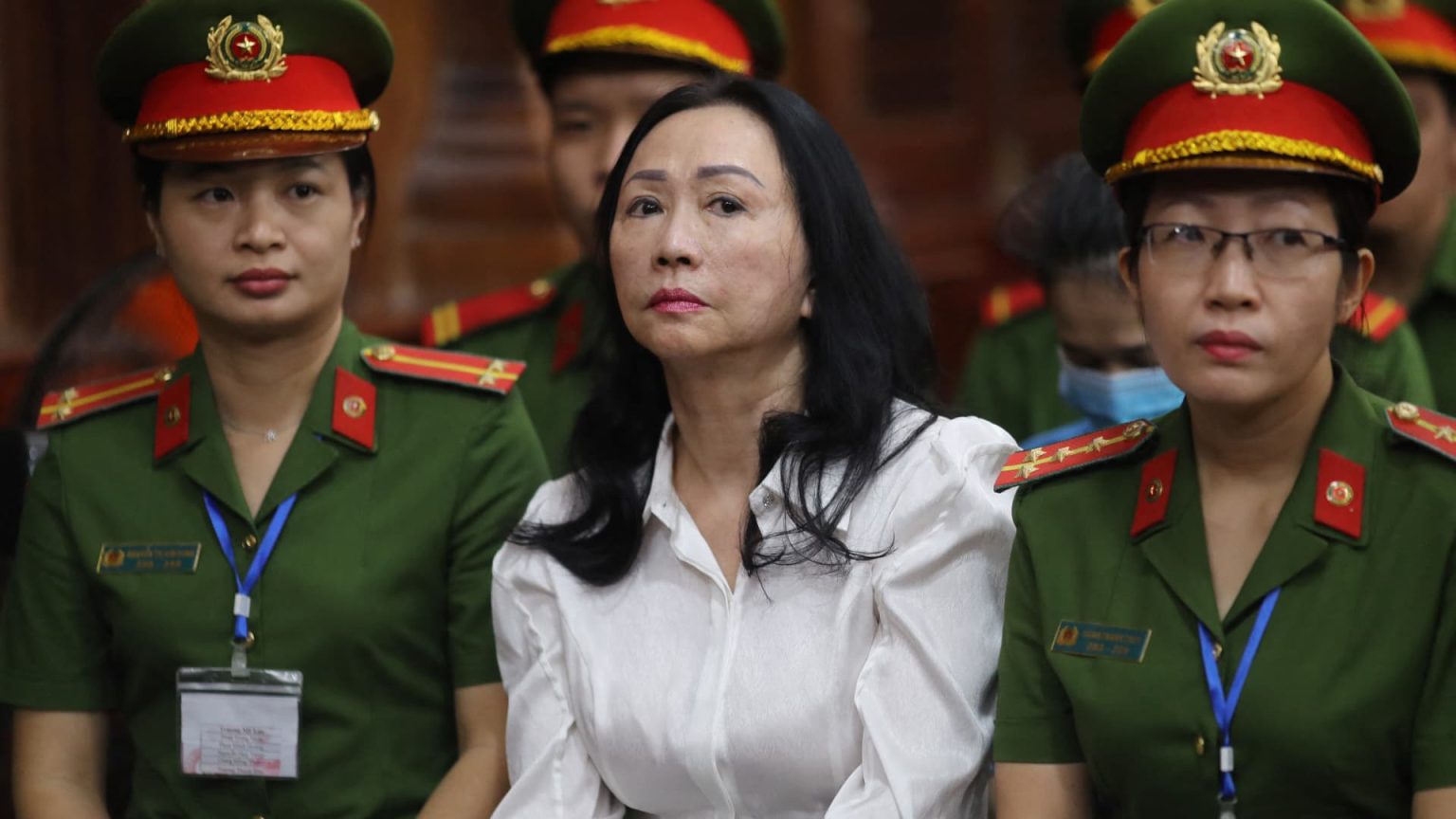Truong My Lan, a Vietnamese property tycoon and chairwoman of real estate development firm Van Thinh Phat Holdings Group, was sentenced to death for her involvement in the country’s largest financial fraud case. Lan was found guilty of embezzlement, bribery, and violating banking rules, receiving a death sentence for the embezzlement charges and a 20-year prison term for each of the other accusations. She was accused of appropriating assets from Saigon Joint Stock Commercial Bank by taking out unlawful loans to her company and shell firms.
Lan’s defense claimed that she only controlled a small percentage of the bank and did not hold an official position, arguing that the embezzlement charges were unwarranted. However, witnesses testified that they acted on Lan’s behalf, revealing that she actually controlled over 90% of the bank through proxies and was the de facto owner. The loans in question amounted to $44 billion, representing over 90% of the bank’s lending from 2012 to 2022. Around $12.3 billion was allegedly funneled to Van Thinh Phat, with additional funds being used for personal purposes. Lan settled some of the loans, but the court ordered her to fully compensate the bank.
The case against Lan dates back a decade, with her arrest occurring in 2022. More than 80 individuals, including central bank officials, have been charged for their roles in damaging SCB. Lan’s family member stated that she plans to appeal the sentence, though this has not been independently confirmed. The prosecution of Lan is part of a broader anti-corruption campaign in Vietnam led by the ruling Communist party, known as “blazing furnace.” This initiative has seen high-profile politicians, including former presidents, resign due to corruption allegations, resulting in numerous officials and businesspeople being sentenced.
The crackdown on corruption in Vietnam has targeted individuals across various sectors, with Lan’s case highlighting the significant consequences faced by those involved in financial misconduct. The stringent sentencing against Lan demonstrates the government’s commitment to holding individuals accountable for their actions and sending a clear message against corruption. As part of the anti-corruption campaign, numerous officials and business figures have been prosecuted, underscoring the widespread impact of these illegal activities on the country’s economic and political landscape.
Despite her defense’s claims, Lan’s sentencing reflects the court’s findings that she played a central role in the misappropriation of funds from SCB, leading to substantial losses for the bank and its stakeholders. The extent of Lan’s control over the bank through proxies and her alleged personal use of the borrowed funds demonstrate the gravity of the charges against her. As she prepares to appeal the sentence, the case against Lan serves as a stark reminder of the consequences of financial fraud and corruption in Vietnam, underscoring the government’s efforts to root out such misconduct and maintain transparency and accountability in the country’s financial sector.


